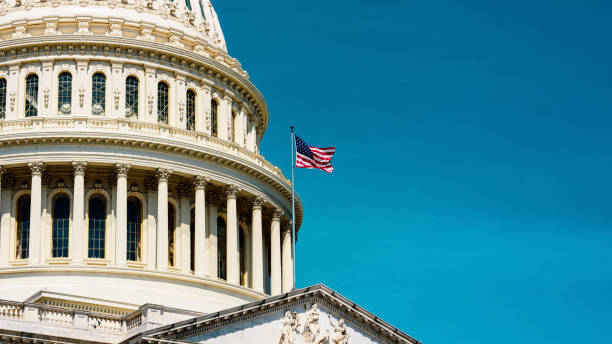The US House of Representatives is exploring a faster way to block the Federal Reserve from creating a central bank digital currency (CBDC). Lawmakers may attach the Anti-CBDC Surveillance State Act to the Digital Asset Market Clarity Act, a bill the House passed in July.
The proposal was revealed during a Monday hearing of the House Rules Committee. If approved, the engrossment method would merge the two bills before sending the combined version to the Senate.
This strategy mirrors a similar attempt earlier this year. Before the vote on the GENIUS Act, a stablecoin regulation bill, some members wanted to add a CBDC ban. That move slowed down progress, but in the end, the House passed the stablecoin, CBDC, and market structure bills, each with some bipartisan support.
Uncertainty in the Senate
It remains unclear whether the merged House bill would have any influence on legislation in the Senate.
Republicans on the Senate Banking Committee are pushing their own approach under the Responsible Financial Innovation Act. While they said it builds on the House’s CLARITY Act, they insist it is a separate piece of legislation.
Wyoming Senator Cynthia Lummis, a lead supporter of the Senate plan, said the banking committee aims to pass it by the end of September. She suggested President Donald Trump could sign it into law by 2026. As of now, no committee vote has been scheduled.
Democrats Press for Industry Safeguards
Although Republicans control both chambers, their narrow majority means they may need Democrat support to pass a final bill.
Both Republican and Democrat proposals promise to update regulations to give the digital asset industry clearer rules. But Democrats have pushed for stronger protections, citing what they describe as Trump’s efforts to “undermine confidence in the broader digital asset industry.”
At issue are Trump’s family-linked ventures, including American Bitcoin, World Liberty Financial, and his personal memecoin. Whether Republicans plan to address these connections in the bill is not yet clear.
The bill is expected to face a committee vote within the next two weeks.


